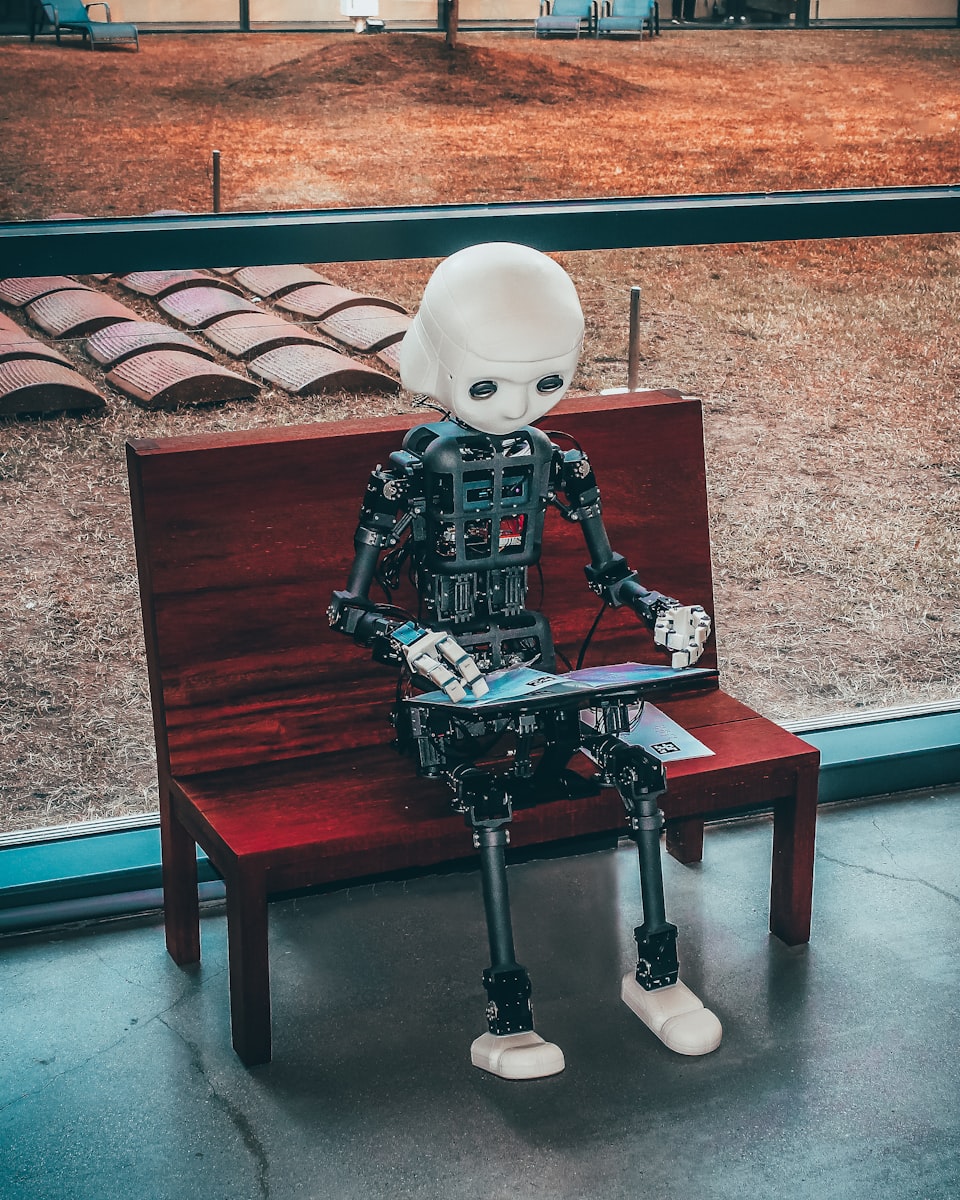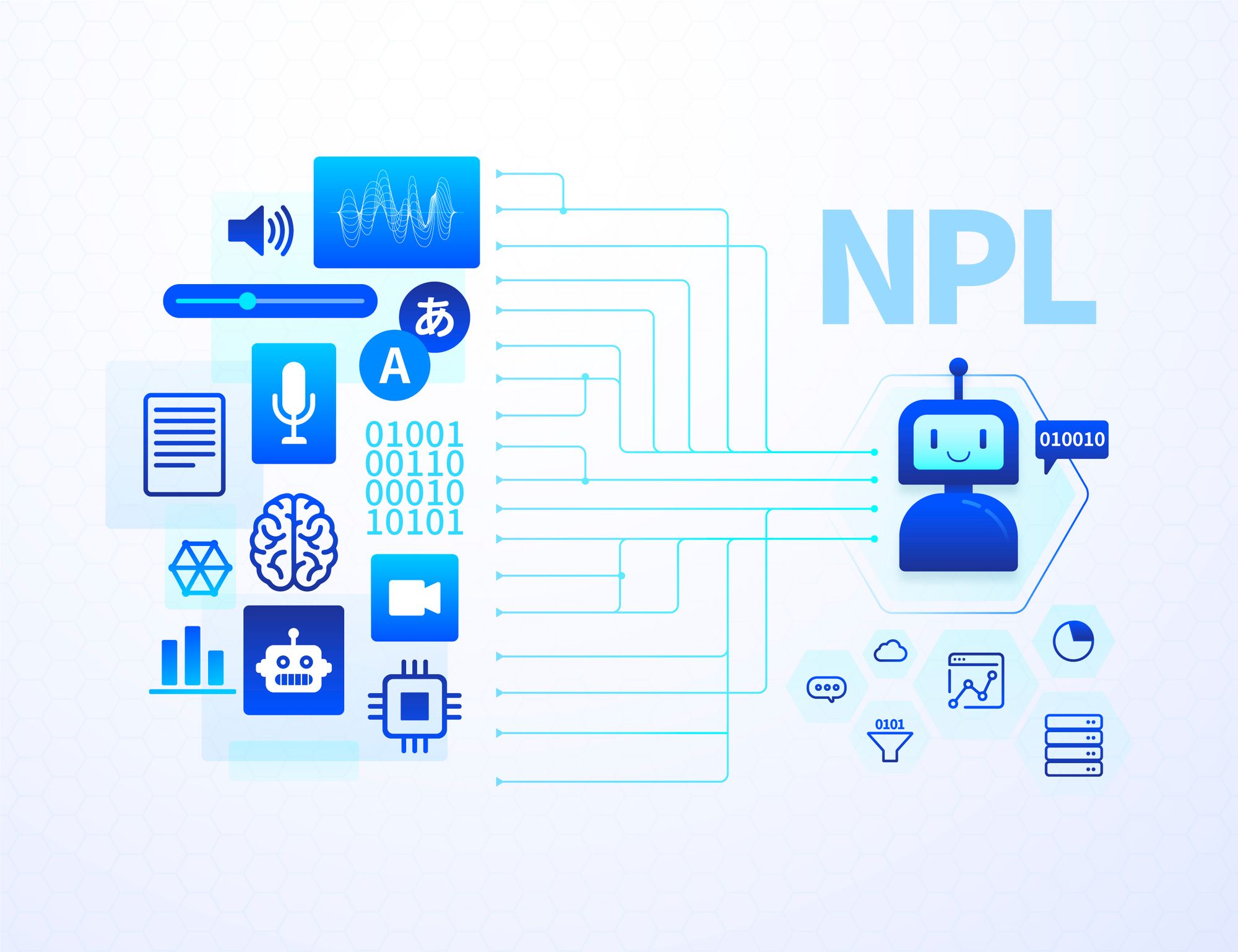The Human-Like AI: How AI Assistants are Transforming Customer Service

Artificial intelligence (AI) assistants are rapidly becoming an integral part of our daily lives. From smart speakers and virtual assistants to chatbots and automated customer service systems, AI assistants are designed to make our lives easier and more convenient.
One of the key technologies that enables AI assistants to function is machine learning. Machine learning involves training algorithms on large datasets in order to recognize patterns and make decisions without explicit programming. This allows AI assistants to learn and adapt over time, improving their ability to understand and respond to user requests.
Another important technology that powers AI assistants is natural language processing (NLP). NLP allows AI assistants to understand and interpret human language, allowing them to communicate with users in a more natural and intuitive way.

AI assistants can take many forms, including chatbots, virtual assistants, and even robotics. Chatbots are computer programs that are designed to engage in conversation with humans, often through messaging apps or websites. Virtual assistants, such as Apple's Siri or Amazon's Alexa, are designed to assist users with tasks and answer questions through voice commands. Robotics, on the other hand, involves the use of robots to perform tasks that would otherwise be difficult or impossible for humans to do.
In addition to machine learning and NLP, other technologies that are important for the development of AI assistants include automation, voice recognition, neural networks, deep learning, and expert systems. Automation involves the use of technology to perform tasks without human intervention, while voice recognition allows AI assistants to understand and respond to voice commands. Neural networks are a type of machine learning system that is inspired by the way the human brain works, and deep learning is a type of machine learning that involves training algorithms on large amounts of data in order to recognize patterns and make decisions. Expert systems are AI systems that are designed to mimic the decision-making abilities of a human expert in a particular field.
AI assistants are an exciting and rapidly evolving technology that has the potential to transform many aspects of our lives. Whether it's through chatbots, virtual assistants, or robotics, AI assistants are helping us to accomplish tasks more efficiently and effectively, making our lives easier and more convenient.






